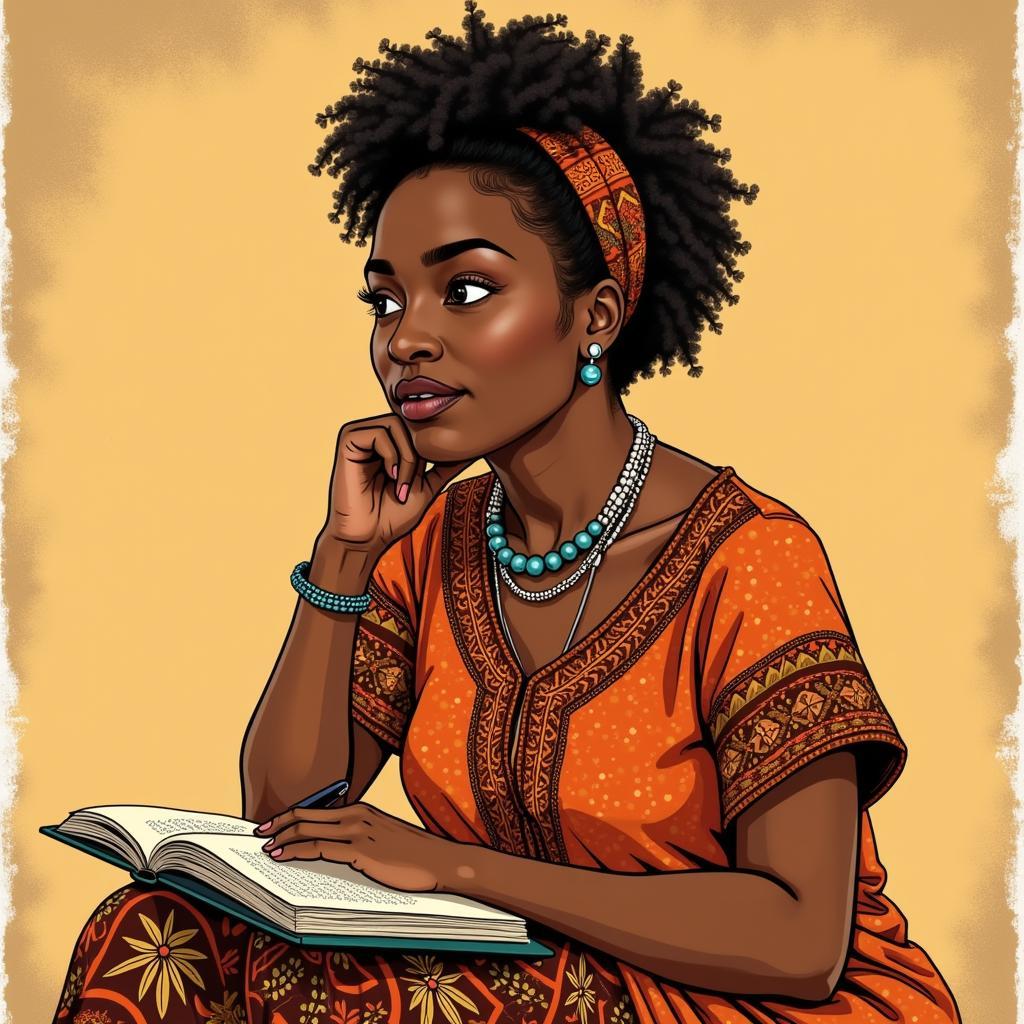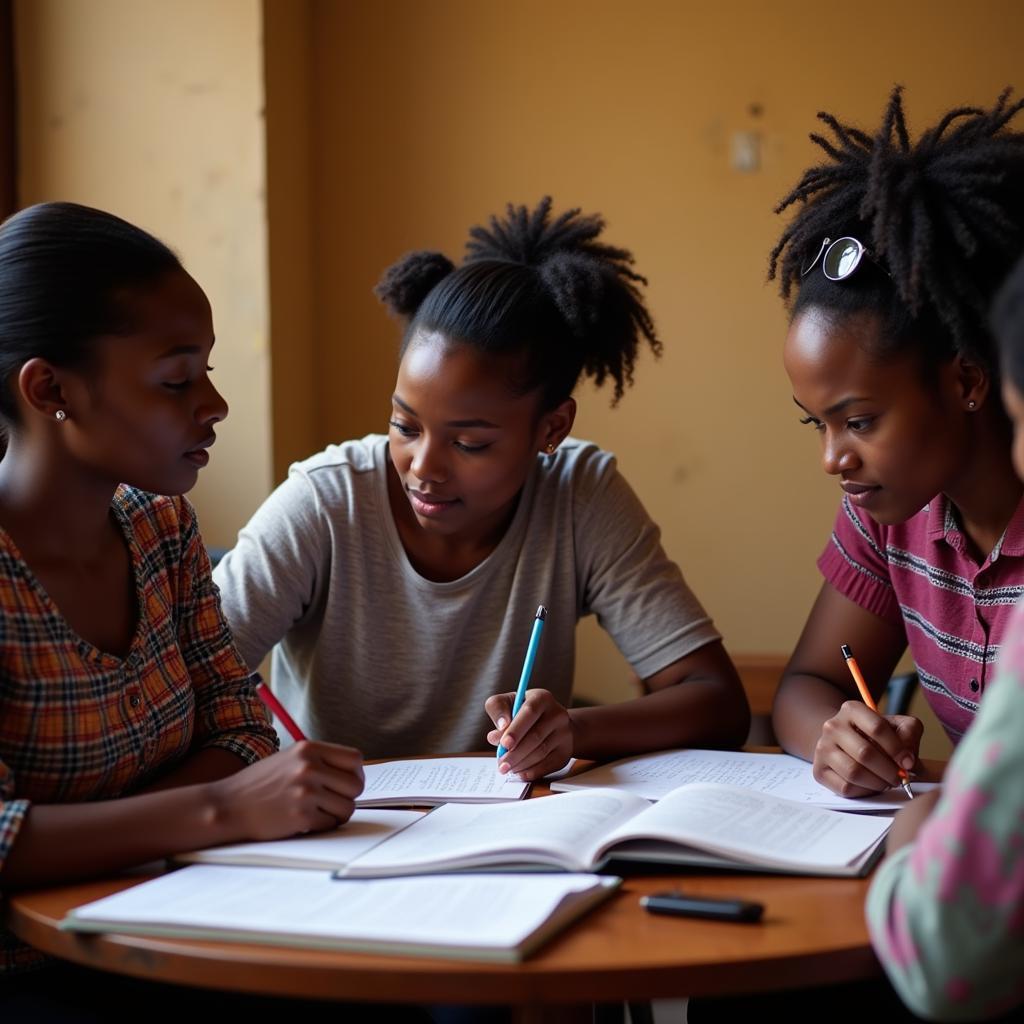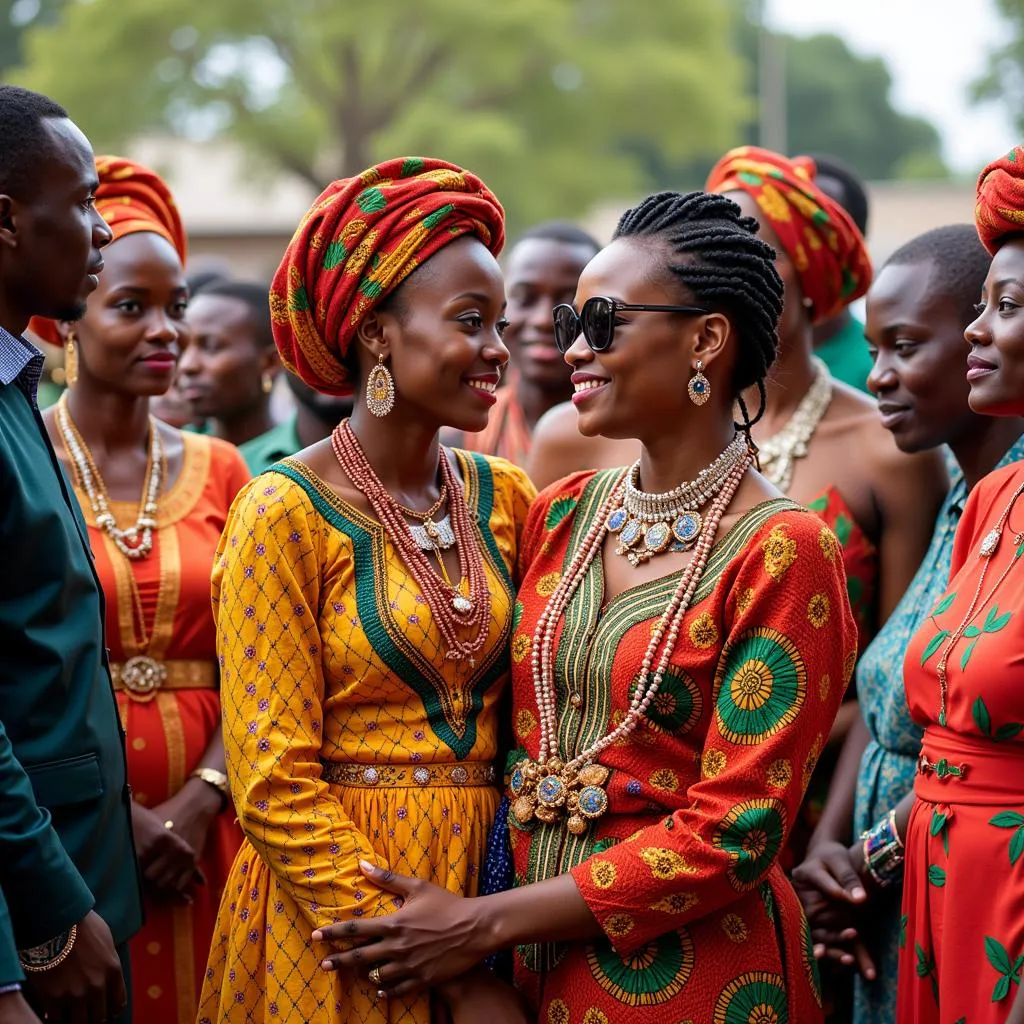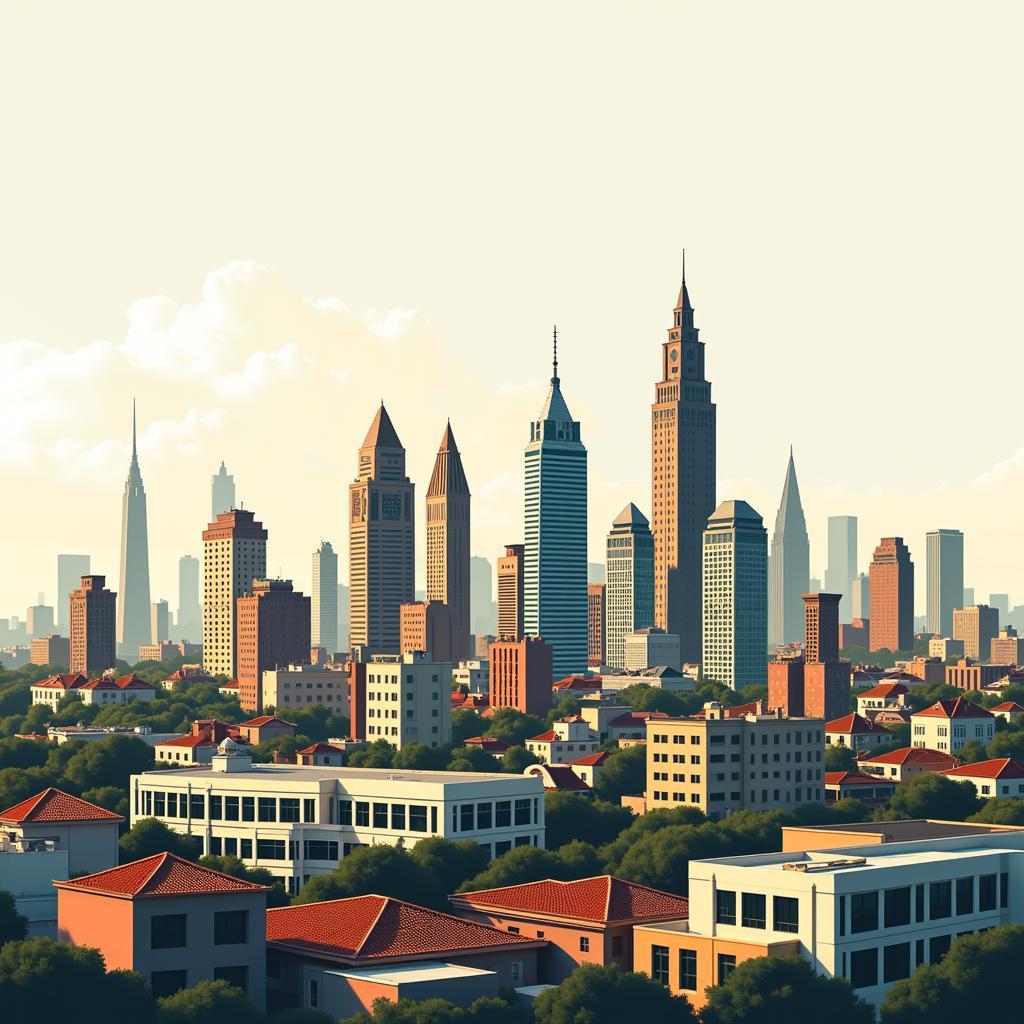African Feminist Writers: Exploring the Works of Una Kumpa Thompson and Others
African feminist writers like Una Kumpa Thompson and many others offer powerful narratives that challenge societal norms and amplify marginalized voices. Their works explore themes of gender inequality, colonialism, and the complexities of African womanhood, providing a unique lens through which to understand the continent’s rich tapestry of experiences.
Una Kumpa Thompson: A Leading Voice in African Feminist Literature
Una Kumpa Thompson is a significant figure in contemporary African literature. Her work often centers on the experiences of women navigating patriarchal societies and the legacy of colonialism. Thompson’s writing is characterized by its lyrical prose and its unflinching portrayal of the challenges faced by African women. She skillfully weaves together personal narratives with broader social and political commentary, creating stories that resonate deeply with readers.
While Thompson’s published works are limited, her contributions to workshops, conferences, and literary journals have solidified her position as a respected voice. She is known for her mentorship of emerging writers and her advocacy for greater representation of African women in literature.
 Portrait of Una Kumpa Thompson
Portrait of Una Kumpa Thompson
Beyond Una Kumpa Thompson: A Rich Tapestry of Voices
African feminist literature encompasses a wide range of perspectives and styles, extending far beyond the work of any single author. Writers like Chimamanda Ngozi Adichie, Buchi Emecheta, and Mariama Bâ have gained international recognition for their powerful portrayals of women’s lives in Africa. Their novels, short stories, and essays explore themes of education, marriage, motherhood, and the struggle for self-discovery in the face of societal expectations.
These authors, alongside many other talented writers, challenge Westernized representations of African women and offer nuanced insights into the diversity of female experiences across the continent. Their work highlights the strength, resilience, and agency of African women, while also addressing the systemic inequalities that continue to shape their lives.
Exploring Key Themes in African Feminist Writing
African feminist writers often grapple with complex themes that are both specific to the African context and universal in their relevance. The intersection of gender, race, and class is a recurring motif, highlighting the multiple layers of oppression faced by many African women.
Colonialism and its lasting impact on gender relations are also central themes. Many writers explore how colonial structures exacerbated existing patriarchal norms and created new forms of inequality.
Furthermore, these writers challenge traditional notions of femininity and offer alternative visions of womanhood. They celebrate the diversity of female experiences and resist the pressure to conform to narrow definitions of what it means to be a woman in Africa.
The Power of Storytelling: Amplifying Marginalized Voices
African feminist literature plays a crucial role in amplifying marginalized voices and challenging dominant narratives. By sharing their stories, these writers create space for dialogue and understanding, fostering empathy and promoting social change.
Their work empowers women to speak their truth and challenges readers to question their own assumptions about gender, race, and culture. Through the power of storytelling, African feminist writers are shaping a more just and equitable future for all.
Who are some other notable African feminist writers?
Beyond the writers mentioned above, other influential voices in African feminist literature include Nawal El Saadawi, Tsitsi Dangarembga, and Yvonne Vera. Their contributions have enriched the literary landscape and broadened our understanding of the complexities of African womanhood.
What is the significance of African feminist literature?
African feminist literature provides invaluable insights into the lives and experiences of African women. It challenges stereotypes, empowers women, and promotes social justice. It is a vital force for change and a testament to the resilience and creativity of African women.
 African Women Writing Workshop
African Women Writing Workshop
Conclusion: A Continuing Legacy
African feminist writers, including Una Kumpa Thompson and countless others, are making invaluable contributions to literature and social discourse. Their work offers powerful narratives that challenge societal norms, amplify marginalized voices, and inspire change. By exploring the complexities of African womanhood, they provide a unique lens through which to understand the continent’s rich tapestry of experiences. Their legacy continues to inspire and empower generations of readers and writers.
FAQ
-
What are some common themes in African feminist literature? Common themes include gender inequality, colonialism, motherhood, and the complexities of navigating patriarchal societies.
-
Why is African feminist literature important? It amplifies marginalized voices, challenges stereotypes, and promotes social justice.
-
Who are some influential African feminist writers? Chimamanda Ngozi Adichie, Buchi Emecheta, Mariama Bâ, Nawal El Saadawi, Tsitsi Dangarembga, and Yvonne Vera are just a few.
-
Where can I find more information about African feminist literature? University libraries, online literary journals, and bookstores specializing in African literature are great resources.
-
How can I support African feminist writers? Buy their books, attend their readings, and share their work with others.
-
What impact has colonialism had on African feminist thought? Colonialism has shaped gender relations and created new forms of inequality that African feminist writers often address.
-
How does African feminist literature challenge Western narratives about Africa? It offers nuanced perspectives and counters stereotypical representations of African women.
Need assistance? Contact us 24/7 at +255768904061, kaka.mag@gmail.com, or visit us in Mbarali DC Mawindi, Kangaga, Tanzania.
Explore our related articles on African literature and women’s studies for more in-depth information.


